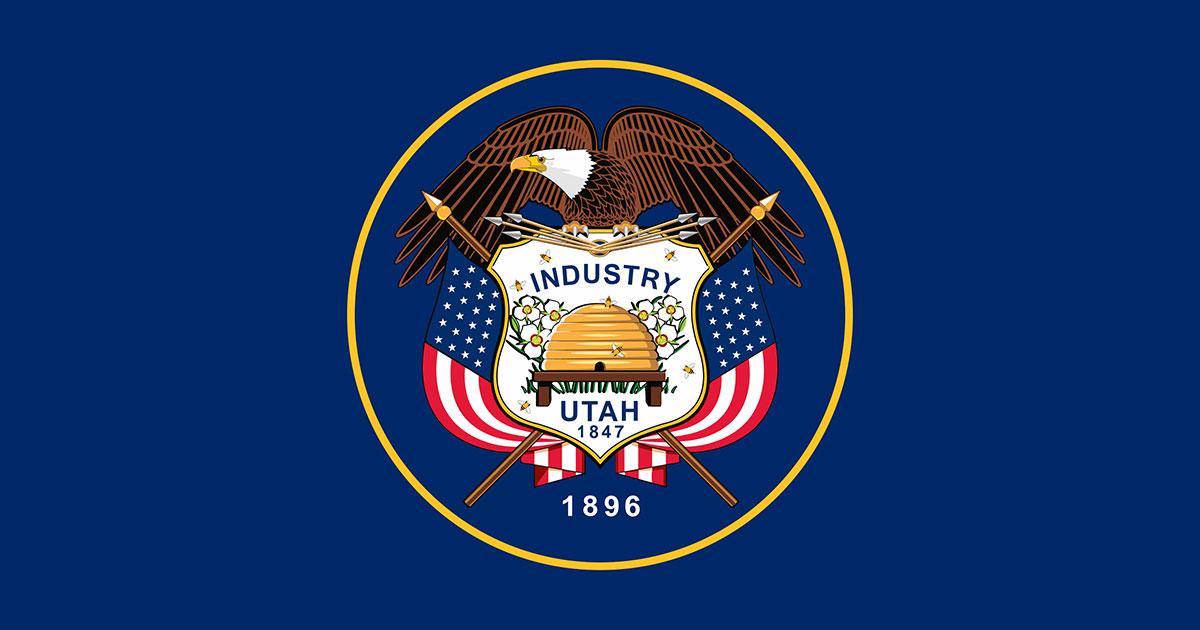- Take Action: Urge your state legislators to support a compassionate medical cannabis program!
Press Release
Utah Medical Marijuana Initiative Projected to Pass

FOR IMMEDIATE RELEASE
Wednesday, November 7, 2018
Contact: Violet Cavendish
vcavendish@mpp.org
Utah will be the 32nd state to adopt an effective medical marijuana law; Missouri became the 31st earlier in the evening
Updated statements below from the Marijuana Policy Project, which helped organize and fund the Utah initiative effort and supported Amendment 2 in Missouri
The initiative to legalize medical marijuana in Utah is reportedly headed toward victory. Fox 13 News Utah projected Proposition 2 will pass, and the measure was leading 54-46 with 68 percent of precincts reporting.
Even if the lead does not hold, Utah is expected to soon become the 32nd state in the nation to enact an effective medical marijuana law. Last month, backers of Proposition 2 reached an agreement with opponent organizations, legislative leaders, and the governor to support an alternative medical cannabis law that will be enacted in an upcoming special session, regardless of the outcome of the election.
Earlier in the evening, voters in Missouri approved one medical marijuana measure, Amendment 2, and rejected two others, Amendment 3 and Proposition C.
Effective medical marijuana laws have been adopted in 32 states, including Utah and Missouri, as well as in D.C. and the U.S. territories of Guam, Puerto Rico, and the Northern Mariana Islands. Eighteen other states have adopted medical marijuana laws that are ineffective because they are either unworkable or exceptionally restrictive. Idaho is the only state without any form of medical marijuana law.
Statement from Matthew Schweich, deputy director of the Marijuana Policy Project, which helped organize and fund the Utah initiative effort:
“The passage of Proposition 2 illustrates just how broad support has grown for medical marijuana in the U.S. Even in socially conservative states like Utah, most voters recognize marijuana has significant medical value, and they believe it should be available to patients who could benefit from it.
“We supported the compromise legislation that was agreed to by the governor, legislative leaders, and some of our opponents because we wanted to ensure an effective medical cannabis law is enacted this year and doesn’t get delayed or torpedoed during the implementation process. Now that the election is over, it’s time for Utah’s political leaders to uphold their promise and implement a workable medical cannabis law as soon as possible.”
Statement from MPP Executive Director Steve Hawkins:
“At this point, medical marijuana may enjoy more public support — and more bipartisan support — than virtually any other policy issue still up for debate. All Americans should have safe, legal, and reliable access to medical cannabis if their doctors recommend it. Patients in Utah and Missouri will be able to exercise that right, but there are still many other states where they will continue to suffer. We can also expect more states to pass similar laws through ballot measures and in their legislatures in coming years.
“We hope Congress will do its part to ensure these state laws continue to be respected by our federal government. Or, better yet, they could enact legislation at the federal level to ensure medical cannabis is a legal treatment option for all Americans.”
Earlier statement from Matthew Schweich, deputy director of the Marijuana Policy Project, following the passage of Amendment 2 in Missouri:
“Thanks to the unflagging efforts of patients and advocates, Missourians who could benefit from medical marijuana will soon be able to use it without fear of being treated like criminals. We hope lawmakers will implement the measure efficiently and effectively to ensure qualified patients can gain access to their medicine as soon as possible.
“There is near-universal support in the U.S. for providing seriously ill patients with legal access to medical cannabis. Most voters, regardless of their age, geographic location, or political persuasion, recognize the medical benefits of marijuana and believe it should be available to those who can benefit from it. Now that more than 30 states have enacted comprehensive medical marijuana laws, it is time for Congress to step up and address the issue at the federal level.”
###
Founded in 1995, the Marijuana Policy Project (MPP) is the nation’s leading cannabis policy reform organization. MPP has played a central role in passing dozens of cannabis policy reforms in states across the country, including 14 successful cannabis legalization campaigns, and also works to advance federal reforms.

